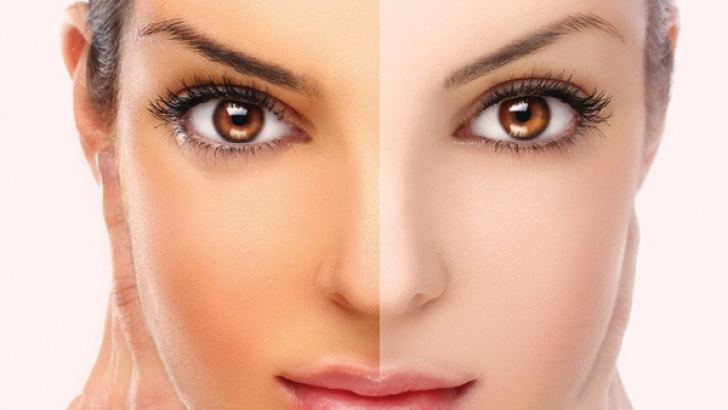Glutathione is a naturally occurring antioxidant that has been gaining popularity as a skin-whitening agent. Some people take glutathione supplements or use glutathione-containing creams or injections to achieve a lighter skin tone. While glutathione is generally considered safe, its effectiveness as a skin-whitening agent is still up for debate.
Glutathione works by inhibiting the production of melanin, the pigment that gives our skin its color. This can result in a lighter, brighter complexion. However, studies have shown mixed results when it comes to the effectiveness of glutathione for skin whitening. Some studies have shown that it can be effective in reducing the appearance of dark spots and hyperpigmentation, while others have found no significant improvement.
In addition to its potential skin-whitening effects, glutathione has also been shown to have a number of other health benefits. It’s a powerful antioxidant that helps to protect our cells from damage caused by free radicals, which can contribute to aging and disease. It’s also involved in the detoxification of harmful substances in the body and may help to boost the immune system.
While glutathione is generally considered safe, it’s important to use caution when using glutathione-containing products. Some products may contain impurities or contaminants, which can be harmful to your health. In addition, glutathione injections should only be administered by a licensed healthcare professional, as they can carry a risk of infection and other complications.
If you’re considering using glutathione for skin whitening, it’s important to talk to a dermatologist or healthcare professional first. They can help you understand the potential risks and benefits, and recommend the best approach for your skin type and concerns. As with any skincare product or treatment, it’s important to prioritize safety and make an informed decision based on your individual needs and goals.
While glutathione is generally considered safe, there are some potential side effects that you should be aware of.
- Nausea: Some people may experience nausea or stomach upset after taking glutathione supplements or using glutathione-containing creams or injections.
- Allergic reactions: Some people may be allergic to glutathione, which can cause symptoms like rash, itching, and difficulty breathing.
- Skin irritation: Glutathione creams or injections may cause skin irritation, redness, or itching in some people.
- Headaches: Some people may experience headaches after taking glutathione supplements or receiving glutathione injections.
- Kidney problems: Prolonged use of high doses of glutathione supplements may increase the risk of kidney problems.
It’s important to note that glutathione is not a regulated substance in many countries, and some products may contain impurities or contaminants that can be harmful to your health. It’s important to use caution when using glutathione-containing products, and to always purchase from reputable sources.
If you experience any adverse effects after using glutathione, it’s important to stop using the product and seek medical attention if necessary. As with any skincare product or treatment, it’s important to prioritize safety and make an informed decision based on your individual needs and goals.


Customer Reviews
Thanks for submitting your comment!